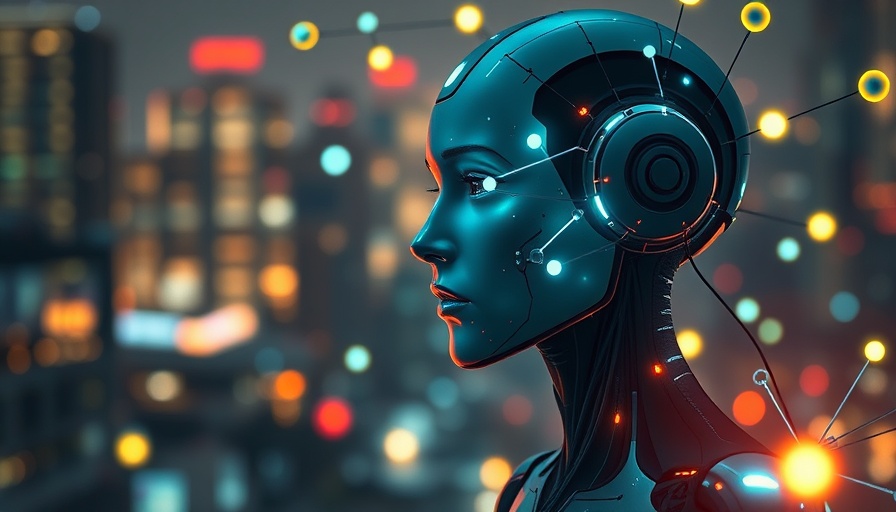
The Impact of AI on the Future Job Landscape
The increasing integration of Artificial Intelligence (AI) into various sectors is reshaping the workforce. While the transition may be uncomfortable and fraught with challenges such as job displacement, industry leaders assure us that this transformation will ultimately lead to the creation of new job opportunities. Arundhati Bhattacharya from Salesforce emphasizes that roles like unstructured data engineers and machine learning engineers are emerging as a response to the evolving technological landscape.
AI as a Tool for Productivity
AI's primary role is to enhance productivity by taking over repetitive and time-consuming tasks. For instance, Salesforce's Agentforce assists companies by streamlining processes and enabling employees to focus on more creative and strategic aspects of their jobs. This synergy between humans and AI not only boosts efficiency but also encourages personal and professional growth.
Real-World Applications: A Case Study on Air India
Air India is at the forefront of AI adoption, having implemented Agentforce to enhance its customer service interface. By utilizing AI to streamline refund processes, the airline is not only improving efficiency but is also setting an example of how AI can resolve traditional business challenges. Such applications indicate that embracing AI can lead to improved user experiences and ultimately, job roles that support these advancements.
Embracing Change: Skills for the Future
The transition to an AI-centric workforce calls for a reevaluation of skills among employees. Learning to work alongside AI, understanding its capabilities and limitations, and acquiring new technical skills will be crucial. Programs aimed at upskilling workers in AI literacy and digital competencies could bridge the gap, allowing them to adapt and thrive in new environments.
Steps to Prepare for an AI-Driven World
As we navigate this shift, individuals and organizations alike must take proactive steps to harness the benefits of AI. Engaging in continuous learning, pursuing certifications in emerging fields, fostering a culture of adaptability, and embracing lifelong education are vital strategies. By preparing ourselves, we stand to gain from the plethora of opportunities that AI will create.
Conclusion: The Journey Ahead
Although the transition to AI integration may feel overwhelming, it holds the promise of new career possibilities and enhanced productivity. By embracing change and viewing AI as a collaborative partner, we can usher in a forward-thinking workforce ready to meet the demands of tomorrow. In this journey, staying informed and engaged will empower us to make the most of the AI revolution.
As we look towards the future, it is essential to recognize that while AI may shift the job landscape, it also provides the potential for a more innovative and capable workforce. Be proactive in understanding AI's role in your industry, and explore how you can adapt and thrive.
Ready to embrace this change? Learn more about bypassing AI detectors and enhancing your digital skills at prompt2human.com.
 Add Row
Add Row  Add
Add 




 Add Row
Add Row  Add
Add 

Write A Comment